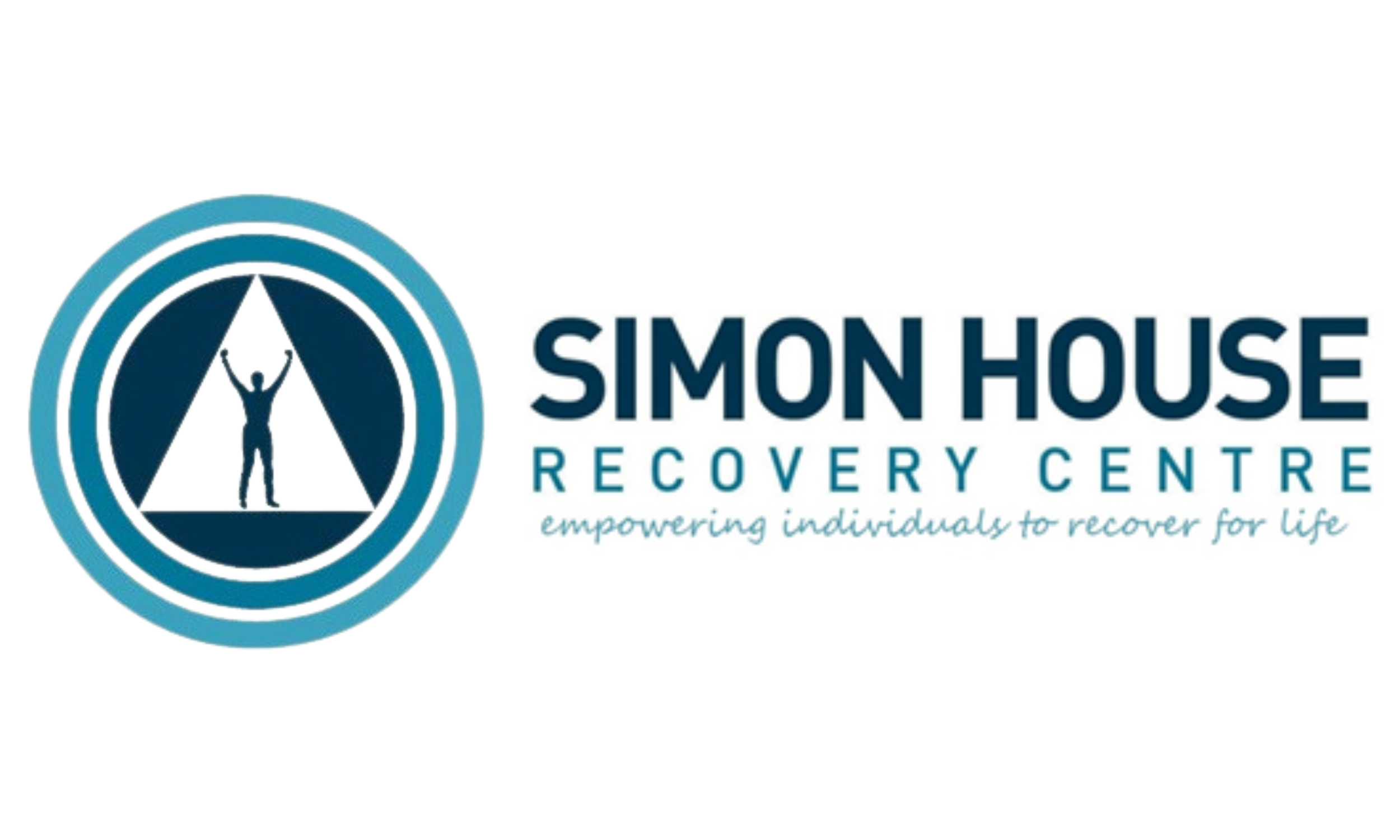Beyond Quitting
“Quitting smoking is easy; I’ve done it a thousand times” – Mark Twain
A common misconception about addiction treatment made by clients and their loved ones is that it’s where you come to simply quit using. Common trains of thought around this include, “If I quit drinking, everything will be okay,” or, “If only my son would stop using drugs, his life would be more manageable.” This seems logical on the surface; if drugs and alcohol are what’s causing my problems, then quitting should solve them. Easy, right?
To anyone who has walked the path of recovery, it becomes very clear that drug use is only a symptom of much deeper issues. Only Step 1 in the 12-step program mentions the ‘drug of choice’; all the other steps involve creating a life in which using destructive substances or behaviours is no longer necessary. If it were as simple as quitting, all we would need is a quick detox, and there would be no need for centers like ours. The reality is we do not need much help quitting the drug – we’ve done it a thousand times.
If it were as easy as ‘just putting it down’, no one would ever relapse. And yet, relapse is one of the most common and insidious features of the disease of addiction. People don’t relapse because of a craving for a drug once that drug is physically out of their system. The decision to relapse is made by a completely sober brain – one that is still obsessing about using because the person is still struggling to live life successfully sober.
So, what is the solution? As mentioned above, a very small component of recovery is about just ‘staying sober,’ and as such, very little of our programming at Simon House is about that either. While we teach classes on Step 1 and the recognition of the importance of physical sobriety, it is only a fraction of the material covered. We discuss managing anger, unwanted emotions, mindfulness, relationships, and several other important things to prevent a return to obsessing about the drug and returning to it as a solution to our life problems.
Kevin S.
— Manager of Clinical Services
